
Amid the mounting COVID-19 pandemic, capitalist governments around the world have clearly prioritised corporate welfare over public health. But Cuba has set an example of international solidarity in its response, writes Peter Boyle.

Amid the mounting COVID-19 pandemic, capitalist governments around the world have clearly prioritised corporate welfare over public health. But Cuba has set an example of international solidarity in its response, writes Peter Boyle.
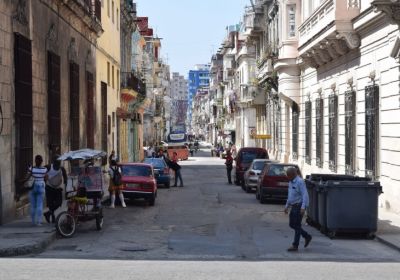
Cuba still stands as a symbolic pole, reminding us that human society can be organised on the basis of solidarity, cooperation, and respect. This is a profound vision that stands clearly at odds with the individualist, profit-driven mantras of far-right leaders like Trump and Bolsonaro.

More than 600 delegates in Cuba’s National Assembly of People’s Power, the country’s highest decision-making body, approved the draft of a new Constitution on July 22. It came after two days of debate in which more than 100 delegates participated, writes Helen Yaffe.
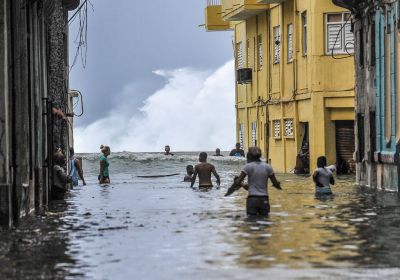
What is to be done about high temperatures, rising sea levels and increasingly powerful hurricanes? What can we do to be less vulnerable to climate change? Yisell Rodríguez Milán and Danae González Del Toro take a look at how socialist Cuba is addressing climate change.
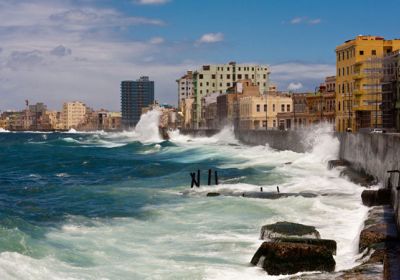
Cuba’s “Project Life” action plan outlines eleven projects to help the island nation adapt to climate change.

Hundreds of popular organisations and social movements from across Latin America and the Caribbean met at the Summit of the Peoples in Lima, Peru, over April 10-14.

What’s the fate of Cuba in the age of Trump? It is not an easy question to unravel, but Canadian author and journalist Arnold August provides some answers in his latest book, Cuba-US Relations: Obama and Beyond.
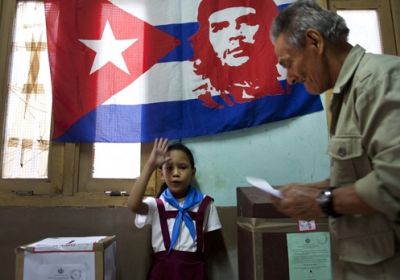
Although the media spends a lot of time portraying Cuba as a “dictatorship”, it has barely covered the fact that Cubans have once again begun a process of electing officials, starting from the local and going all the way up to the national parliament.
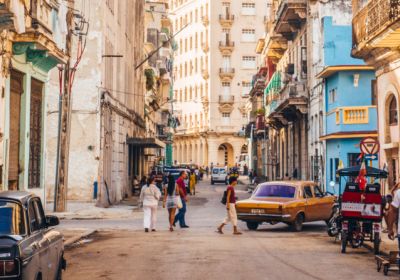
Cuba has rejected outright new US restrictions that took effect on November 8, describing them as confirming an "upsurge" of the blockade imposed by Washington since 1962.
Cuba's top diplomat for the Americas, Josefina Vidal, said during a press conference on November 7 that the new measures to prevent US trade with and travel to the Caribbean island were "arbitrary."

October 9 marks the 50th anniversary of the CIA-ordered assassination of Che Guevara.
In light of a recent upsurge in denunciations of Che and the Cuban Revolution, it is important to separate fact from fiction.